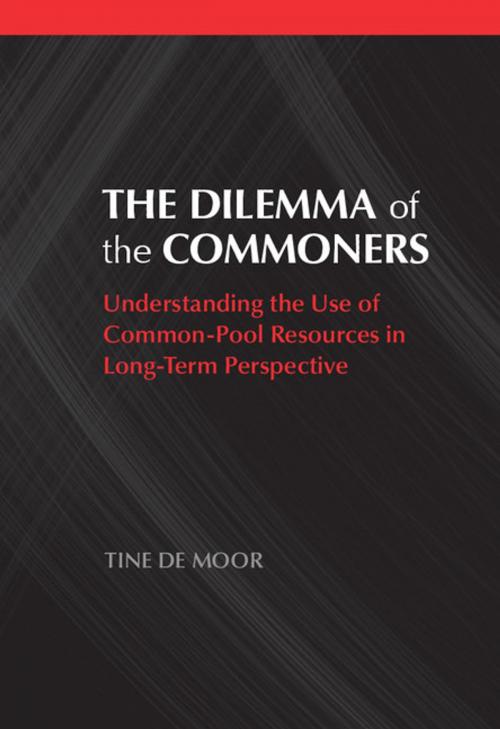The Dilemma of the Commoners
Understanding the Use of Common-Pool Resources in Long-Term Perspective
Nonfiction, Social & Cultural Studies, Political Science, Politics, Economic Conditions, Business & Finance| Author: | Tine De Moor | ISBN: | 9781316287743 |
| Publisher: | Cambridge University Press | Publication: | April 30, 2015 |
| Imprint: | Cambridge University Press | Language: | English |
| Author: | Tine De Moor |
| ISBN: | 9781316287743 |
| Publisher: | Cambridge University Press |
| Publication: | April 30, 2015 |
| Imprint: | Cambridge University Press |
| Language: | English |
One of the classic problems in social science is known as 'the dilemma of the commons', in which land, water, and other resources held jointly by social or economic segments tend to be depleted sooner and to a greater extent than privately held assets. During the eighteenth and nineteenth centuries, many aspects of western European society changed fundamentally, including the abolition of common-property rights, which in itself was related to social and economic shifts in that same society. This book intends to put the debate on commons, commoners, and the disappearance of both throughout early modern and modern northwestern Europe in a new light, through new approaches and innovative methodologies. Tine De Moor aims to link the historical debate about the long-term evolution of commons to the present-day debates on common-pool resources, as well as touching upon various disciplines within the social sciences that work on commons issues.
One of the classic problems in social science is known as 'the dilemma of the commons', in which land, water, and other resources held jointly by social or economic segments tend to be depleted sooner and to a greater extent than privately held assets. During the eighteenth and nineteenth centuries, many aspects of western European society changed fundamentally, including the abolition of common-property rights, which in itself was related to social and economic shifts in that same society. This book intends to put the debate on commons, commoners, and the disappearance of both throughout early modern and modern northwestern Europe in a new light, through new approaches and innovative methodologies. Tine De Moor aims to link the historical debate about the long-term evolution of commons to the present-day debates on common-pool resources, as well as touching upon various disciplines within the social sciences that work on commons issues.















